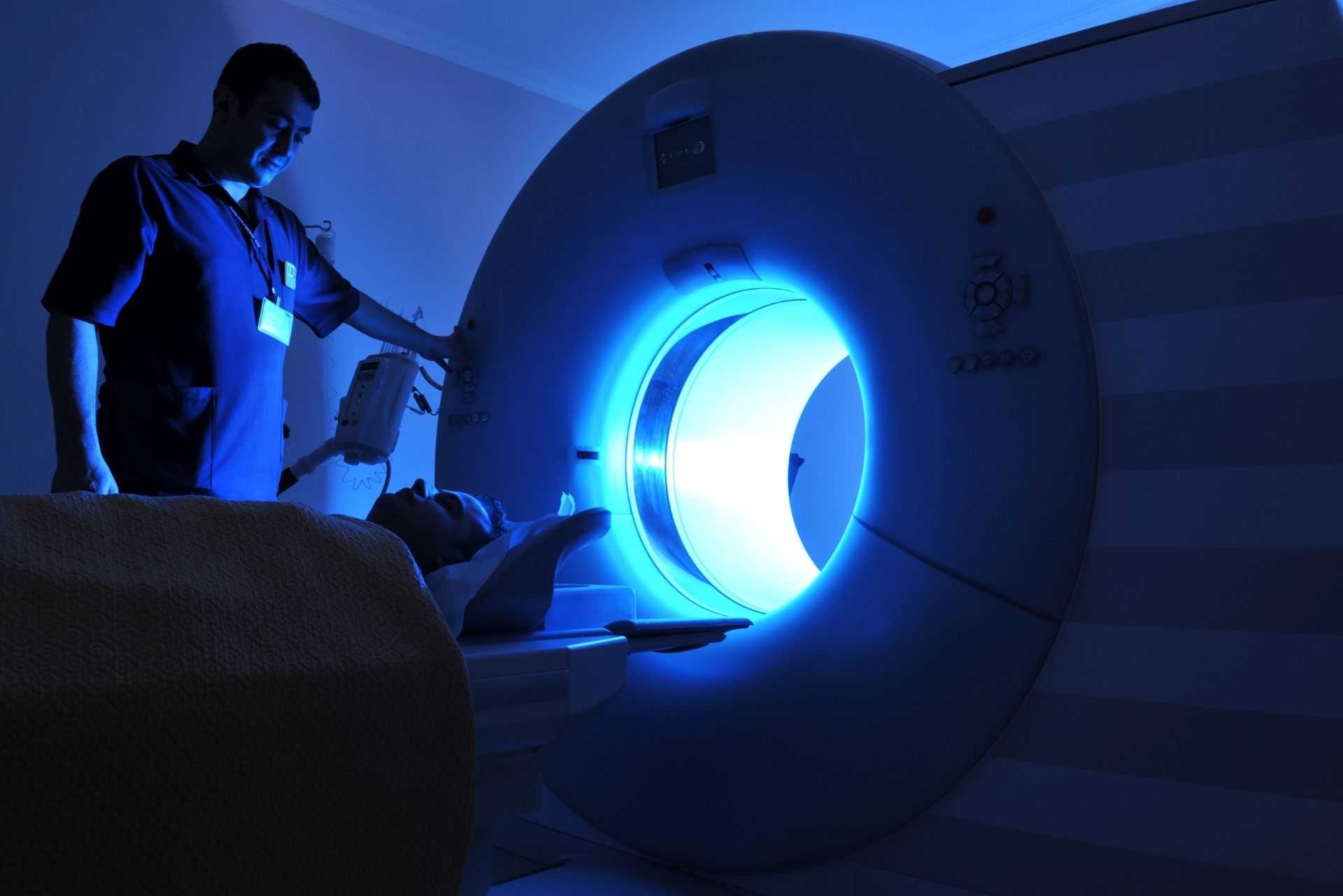
Pain management
Minimising the impact of chronic (persistent) pain on your day-to-day life is obviously paramount for your gen...

It’s crucial to understand the distinction between acute and persistent pain, and the significance of appropriate exercise in managing and alleviating musculoskeletal discomfort.
Here are some key points from our team giving you some insights on managing pain with exercise:
These recommendations underscore the importance of a holistic approach to managing musculoskeletal pain, integrating appropriate exercises with professional guidance, to ensure a safe and effective recovery process.
At our centres, we offer fast access to specialist private GPs, orthopaedic consultants and physiotherapists. Backed by first class diagnostic scanning tools such as MRI and ultrasound, our team are highly experienced to help diagnose and treat pain management with MSK issues.
If you are experiencing pain and would like to discuss it with an expert, book an Outpatient or Private GP appointment today. Click here to book.
Minimising the impact of chronic (persistent) pain on your day-to-day life is obviously paramount for your gen...
You love to perform at your best. So when injury stops you in your tracks, it can be really tough. It’s vital ...
The physiotherapists that work at Prime Health are among the most effective and experienced in the country - m...
If a joint or bone problem is stopping you from getting the most out of life, it’s good to know that at Prime ...
Ultrasound-guided steroid injections with Prime Health can help reduce inflammation and provide significant pa...
The highly experienced private GPs at Prime Health are here to keep you healthy. In a fast-moving world, they ...
If you don’t have a referral from a health professional, you can now easily self-refer for an MRI scan at Prime Health. We offer daily appointments, allowing you to choose a time and date that suits your convenience.




